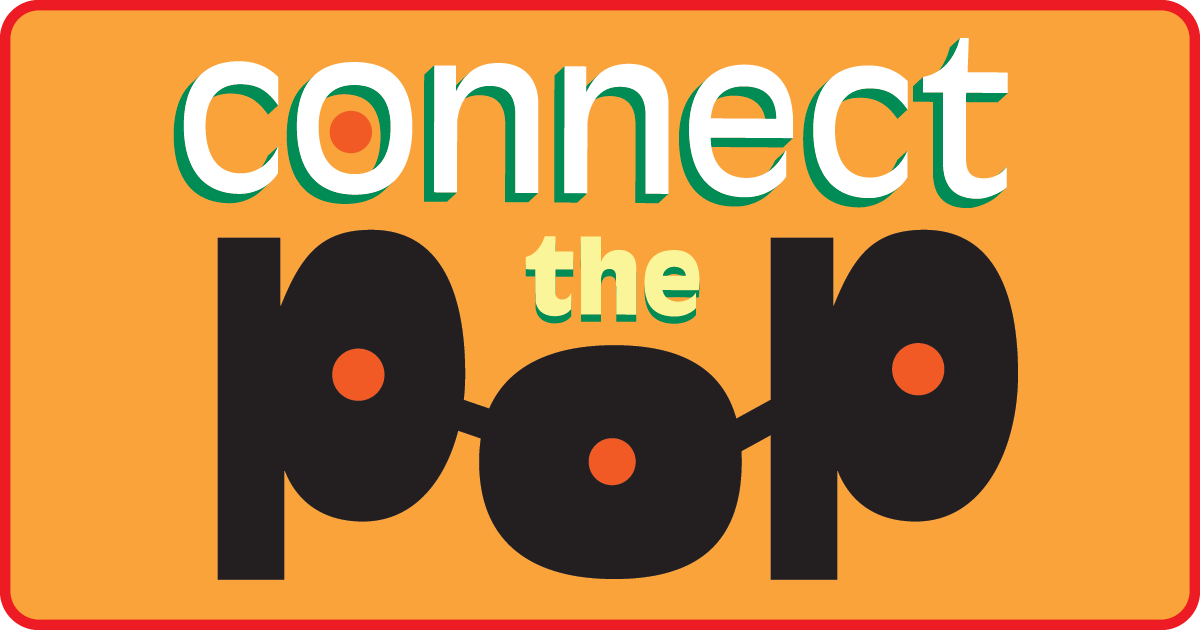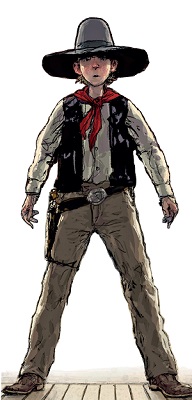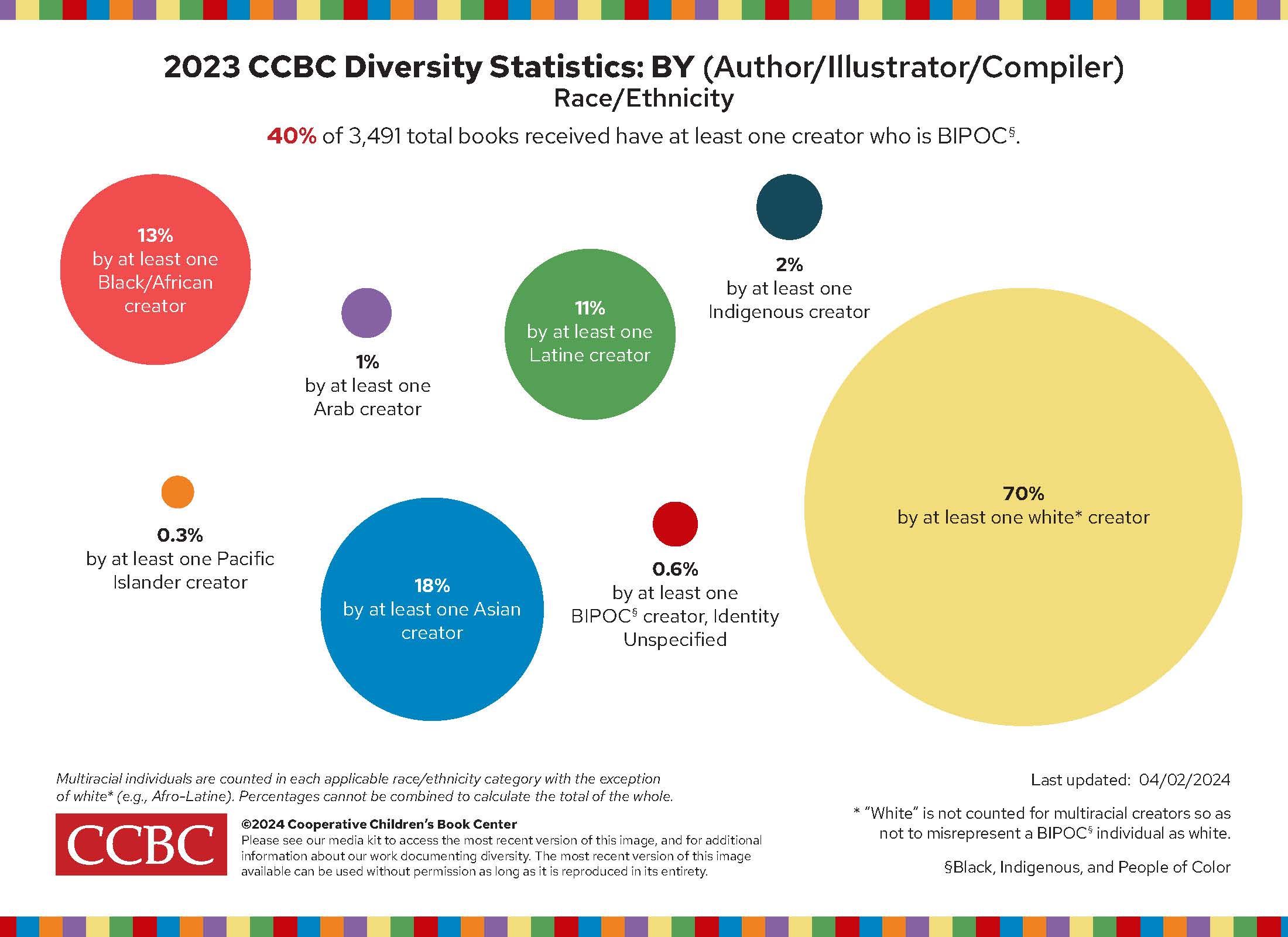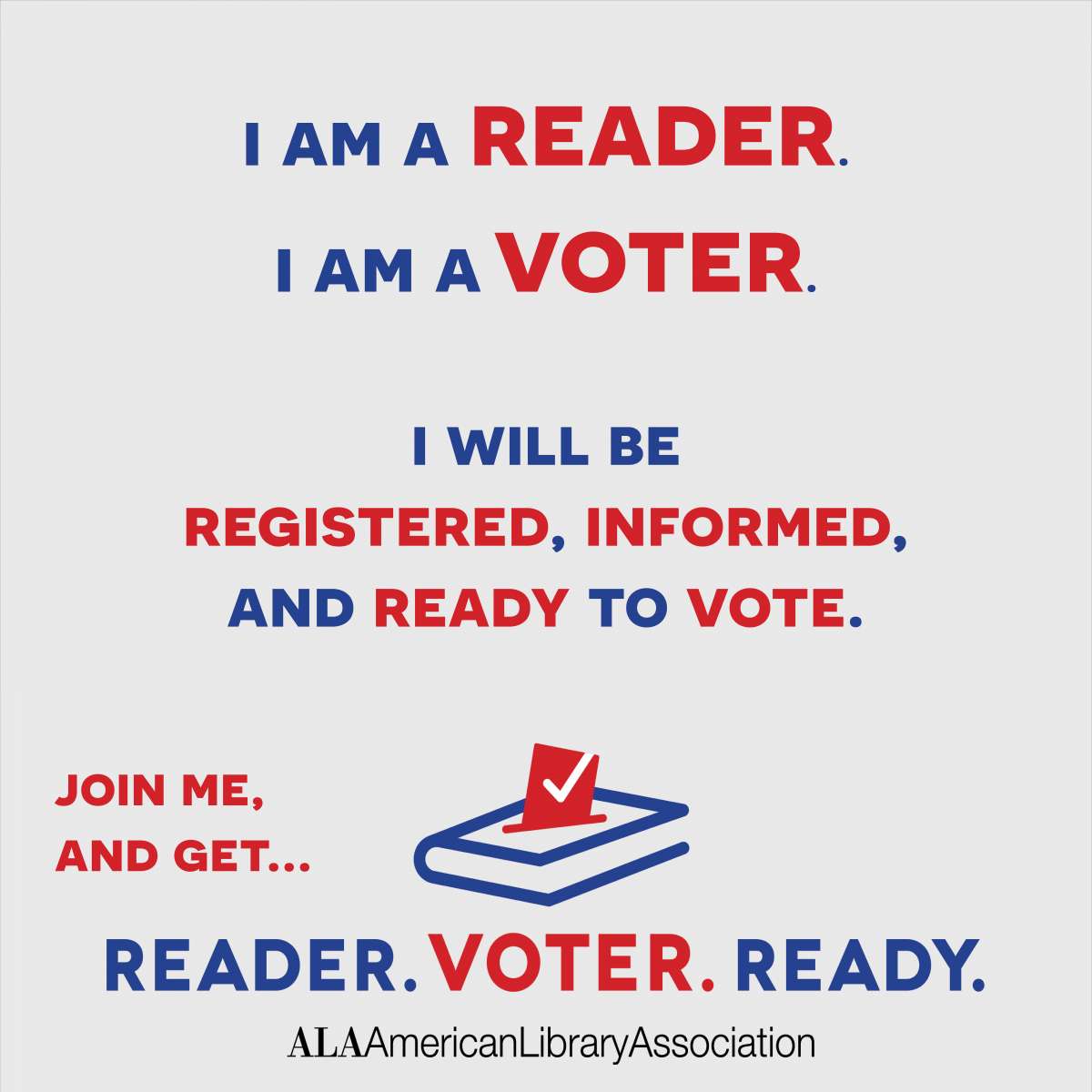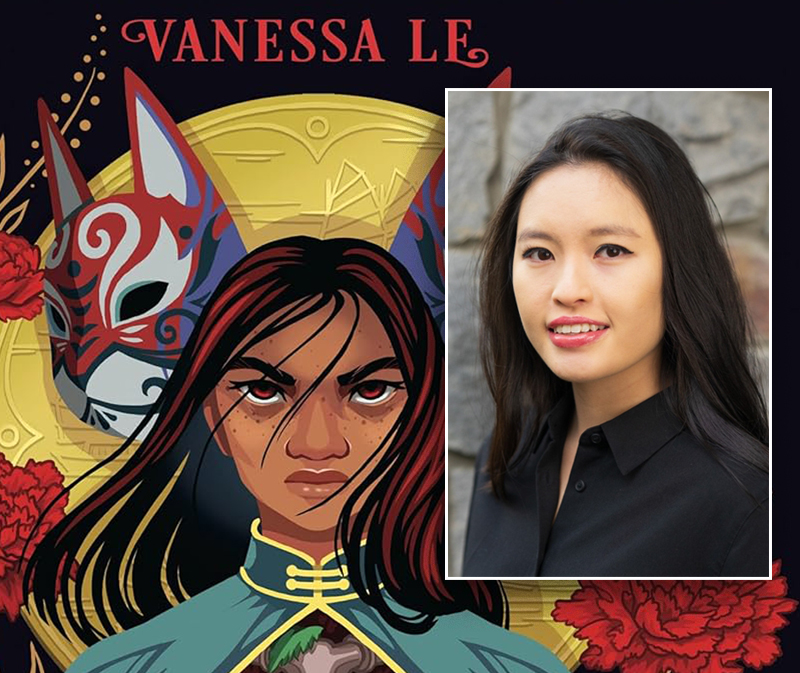SCROLL DOWN TO READ THE POST
“Are Zombies Good for Kids?”: A Lively Roundtable
 Continuing the conversation that I started with psychoanalyst Jack Schwartz, I again question the popularity of zombies among young people… or, as Matt Day suggested the piece be called on Twitter, “Aaarrrggghhh zombies! Good for kids?”
Continuing the conversation that I started with psychoanalyst Jack Schwartz, I again question the popularity of zombies among young people… or, as Matt Day suggested the piece be called on Twitter, “Aaarrrggghhh zombies! Good for kids?”
This time, however, I am joined by three luminaries—although please note that they never actually met each other and that I cobbled together this roundtable from their individual replies to me. Still, without further ado, here’s the all-star squad I assembled, one that’s able to address the “zombie menace” across various media and from diverse perspectives.
ADVERTISEMENT
ADVERTISEMENT
Jeanne Bogino: by day, she’s the director of the small but busy New Lebanon Library in rural New York. By night, she’s a zombie—sorry, just kidding. However, Jeanne is considered something of an expert on zombie lit, as she has appeared on panels on the subject and written several articles about it, including this one for Library Journal, where she’s a regular contributor. (She also happens to be an author, with her rock ‘n roll novel Rock Angel due to bow from Prashanti Press in the fall of 2013.)
Christopher Golden: the best-selling and award-winning author of Waking Nightmares, the zombie novel Soulless, and co-author, with Tim Lebbon, of The Secret Journeys of Jack London. Fiction and nonfiction—he’s won acclaim for both.
Kim Paffenroth: one of the most interesting denizens of the zombie community you’ll ever find, Kim is a grad of Harvard Divinity School, a professor of religious studies at Iona College, and a Stoker-winner for his nonfiction Gospel of the Living Dead: George Romero’s Visions of Hell on Earth. Dr. Paffenroth also happens to be an accomplished novelist himself, authoring Valley of the Dead and, more recently, Last Rites, the third volume in his Dying to Live series.
***
Does the popularity of zombies in the last decade say something about kids and teens? Or does it just say the same thing it says about the adults who are attracted to the archetype?
KP: I guess I harken back to how I was interested in zombies at that age: it’s just so fun to fantasize about how you’d fortify a position, what supplies and weapons you’d need, how you’d repurpose household items for the zombie apocalypse. All the strategy and tactics issues that go into it are a big part of the attraction. And that attraction persists in middle age, I know. But I think the difference in the age groups is in how we perceive the world. At my age, I’m partly tired of it, and the zombies reflect that ennui. As a youth, I think I felt frustrated with the way the world is, and I wanted it all torn down to start over, so the zombie apocalypse represented that “reboot” and was exciting and exhilarating in that way.
 Jeanne, what’s it like today? Do you still encounter a lot of young people who are specifically “zombie fans” even if they’re not much into horror otherwise? If so, can we make any generalizations, or are they just as diverse as any other group of young readers?
Jeanne, what’s it like today? Do you still encounter a lot of young people who are specifically “zombie fans” even if they’re not much into horror otherwise? If so, can we make any generalizations, or are they just as diverse as any other group of young readers?
JB: I absolutely see teens who are attracted specifically to zombie lit, and why not? There are certainly enough of them that gravitate straight to the vampire section! While I try not to generalize about my patrons, I can’t help but notice that the majority of the fans of the zombie genre in my library are male, at least among the teens. I think it’s easy to see why. So many paranormal and horror books in young adult fiction lean heavily on the romance element—not the biggest draw for teenage boys. Zombie lit tends to be grittier, with its trademark nihilism and post-apocalyptic vision—very Lord of the Flies-like. While there are certainly plenty of girls who love zombies, myself included, I think that teen boys perceive zombie lit as falling into the “guy book” category, like Darren Shan’s Demonata books do. Although, really, I’m astonished at the number of boys who’ve checked out Pride and Prejudice and Zombies—apparently there’s enough manly dreadful action to compensate for the mushy love stuff! Zombie lit—the new hot topic for reluctant teen boy readers. Who knew?
What Kim said reminds me of what Dr. Schwartz told me, so let me ask the same question: how might reading zombie fiction represent a working-through of issues related to mortality and other existential dreads—loss of identity or security, for example? Or that just hogwash, and zombie fare basically fulfills same role for readers as other forms of “escapist entertainment”?
 CG: I edited an anthology called The New Dead, which examines a number of these issues. I think zombie fiction can—and sometimes does—provide a way for people to face their fears of death and illness and disenfranchisement, as well as ways for us to process so much of the death and torture and horror that we’re confronted with in reality on a daily basis. The news is full of ugliness. You present your question as a choice between two possibilities, but I think it’s a false choice. Both things are true. Zombie stories in any medium are escapist entertainment because they help us to—usually subconsciously—address our fears and have some catharsis.
CG: I edited an anthology called The New Dead, which examines a number of these issues. I think zombie fiction can—and sometimes does—provide a way for people to face their fears of death and illness and disenfranchisement, as well as ways for us to process so much of the death and torture and horror that we’re confronted with in reality on a daily basis. The news is full of ugliness. You present your question as a choice between two possibilities, but I think it’s a false choice. Both things are true. Zombie stories in any medium are escapist entertainment because they help us to—usually subconsciously—address our fears and have some catharsis.
Point taken—in fact, I wish I’d made it. So why else do the themes of contemporary zombie lit—whether in YA, graphic novels, or adult fiction—resonate with today’s youth?
JB: Well, the theme of sociopolitical unrest is always at the center of zombie lit. It’s no coincidence that the modern zombie was created during the turbulent 1960s, when George Romero redefined the genre in Night of the Living Dead. Nowadays, with images of society after society breaking down running on CNN nightly, it’s not at all surprising that this theme would continue to resonate with today’s youth. Plenty of traditional young adult motifs are showing up in zombie lit these days, as well. For example, the marvelous Generation Dead series zeroes right in on alienation, isolation, prejudice—The Outsiders for the undead.
Makes sense. Let’s move from the sociopolitical to the theological. Does zombie lit’s frequent distinction between body and soul, with zombies possessing the former but usually not the latter, make it somehow more religious than other forms of popular culture?
KP: I think zombies show well that we’re not just “body,” but maybe more importantly, that what we do with our bodies (e.g., go to the mall all the time) might “imprint” our soul or consciousness with very negative habits, which might become perpetual or even eternal after enough repetition.
How about moral, or even moralistic, component to all this? Is it there but in hiding?
CG: Two things occur to me. First, I’ve always said that horror—the supernatural stuff, anyway—is useful in many ways. Catharsis is certainly one of them, but beyond that, if you can believe in zombies, even for one moment of heightened entertainment and fear, then in that same moment you believe in the existence of the human spirit or the soul. And if you can believe in the soul—in ghosts, magic, etc.—then in that same moment you have to accept that there is somewhere for the soul to go after death. If we accept the existence of evil, then we must accept the existence of an alternative, balancing force. I’m not saying I believe in Heaven, but I’d like to, and this kind of fiction gives us moments in which it’s easier to believe. So, ironically, by making us fear, such entertainments are also taking away some of our fear. The other thing that occurs to me relates to video games. Zombies are popular because it’s okay to kill them. Many parents, myself included, aren’t very comfortable with shooter games, war games, that sort of thing, wherein young people are killing other humans. But zombies? That’s another story entirely.
That supports a pet theory of mine: that kids playing zombie video games, or vicariously enjoying the heroes’ actions in Zombieland or The Walking Dead are arguably engaging in an oddly more “ethical” behavior. Aggression without the lethality. But is that good or bad?
ADVERTISEMENT
ADVERTISEMENT
KP: I worry that it’s desensitizing, I’ll admit. I’m a little uncomfortable with video games for that reason. On the other hand, they usually include a lot of teamwork and at least some missions to save survivors (instead of just to maximize damage to the enemy), so I do see some nod toward morality. And I do think even at a quite young age we can distinguish fantasy from reality, so I’m not going to worry about them too much.
So parents and librarians shouldn’t be overly alarmed if kids/teens become hardcore zombie fans? Sounds like the overwhelming consensus is no.
KP: If the gore alarms them, I’d say it’s just a phase and teenage boys especially are fascinated by gore for at least a while, without any inclination to recreate or participate in such violent activities in real life. If they’re into the dressing up part of it—again, I can see where it’s alarming to see your kid looking like a corpse, but it’s all part of rebellion, of saying the “regular” world of mortgages and wars and nuclear meltdown frightens them and they want to distance themselves from it, into a simpler fantasy where life relies just on shooting monsters in the head.
 JB: I’m a fan of almost anything that gets kids to read. Zombies have shown up in the Harry Potter series, in Pullman’s Dark Materials trilogy, even the Frankenstein monster was, in essence, a zombie. R.L. Stine’s perpetually popular Goosebumps series is rife with the undead. They are the basis of Carrie Ryan’s fine The Forest of Hands and Teeth, Adam Selzer’s I Kissed A Zombie and Liked It, and the aforementioned Generation Dead by Daniel Waters. I have scores of teens eagerly awaiting each new The Walking Dead graphic novel, and I can’t keep Kevin Bolger’s Zombiekins on the shelf. Great reads, all of them. How can this not be a good thing?
JB: I’m a fan of almost anything that gets kids to read. Zombies have shown up in the Harry Potter series, in Pullman’s Dark Materials trilogy, even the Frankenstein monster was, in essence, a zombie. R.L. Stine’s perpetually popular Goosebumps series is rife with the undead. They are the basis of Carrie Ryan’s fine The Forest of Hands and Teeth, Adam Selzer’s I Kissed A Zombie and Liked It, and the aforementioned Generation Dead by Daniel Waters. I have scores of teens eagerly awaiting each new The Walking Dead graphic novel, and I can’t keep Kevin Bolger’s Zombiekins on the shelf. Great reads, all of them. How can this not be a good thing?
Agreed. But anything else to say to the still-unconvinced gatekeepers out there?
JB: Zombies are here and they’re not going away any time soon. If you’re concerned about what kids are reading, why not take in some zombie lit yourself and see what all the fuss is about? Zombie lit is rich with symbolism and timeless themes about the nature of humanity, so it could stir some very intriguing conversation with your teens. At the very least, take a peek at Max Brooks’ The Zombie Survival Guide: Complete Protection from the Living Dead. You might even want to download it onto your Nook—you never know when the dead might start walking!
Filed under: Comics, English, Fandom, Movies, Social Studies, YA Literature
About Peter Gutierrez
A former middle school teacher, Peter Gutierrez has spent the past 20 years developing curriculum as well as working in, and writing about, various branches of pop culture. You can sample way too many of his thoughts about media and media literacy via Twitter: @Peter_Gutierrez
ADVERTISEMENT
SLJ Blog Network
The Moral Dilemma of THE MONSTER AT THE END OF THIS BOOK
Cover Reveal and Q&A: The One and Only Googoosh with Azadeh Westergaard
K is in Trouble | Review
A Reading Community: A Love Letter to Local Independent Bookstores, a guest post by Heather Del Piano
The Classroom Bookshelf is Moving
ADVERTISEMENT
ADVERTISEMENT

